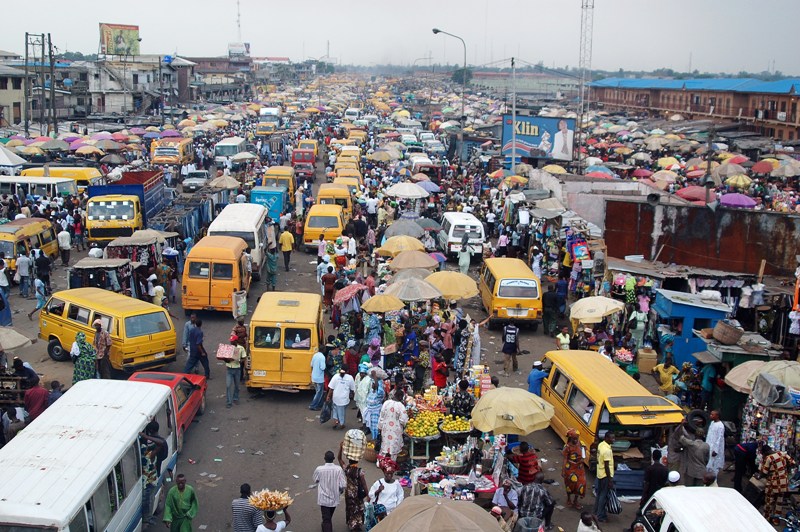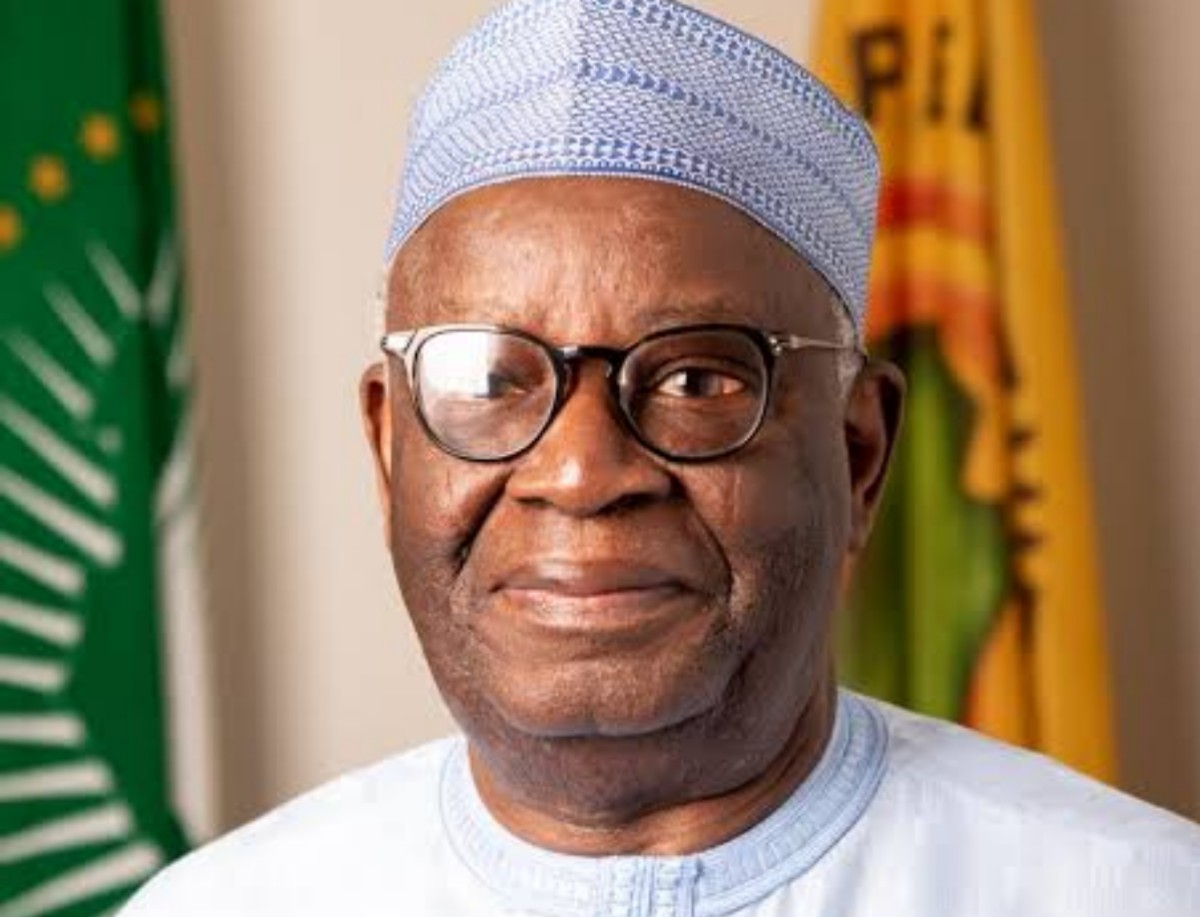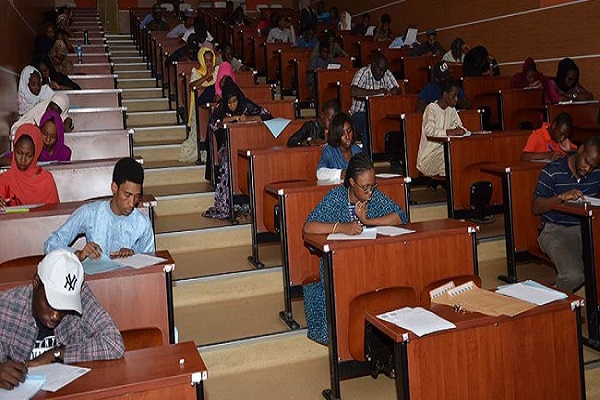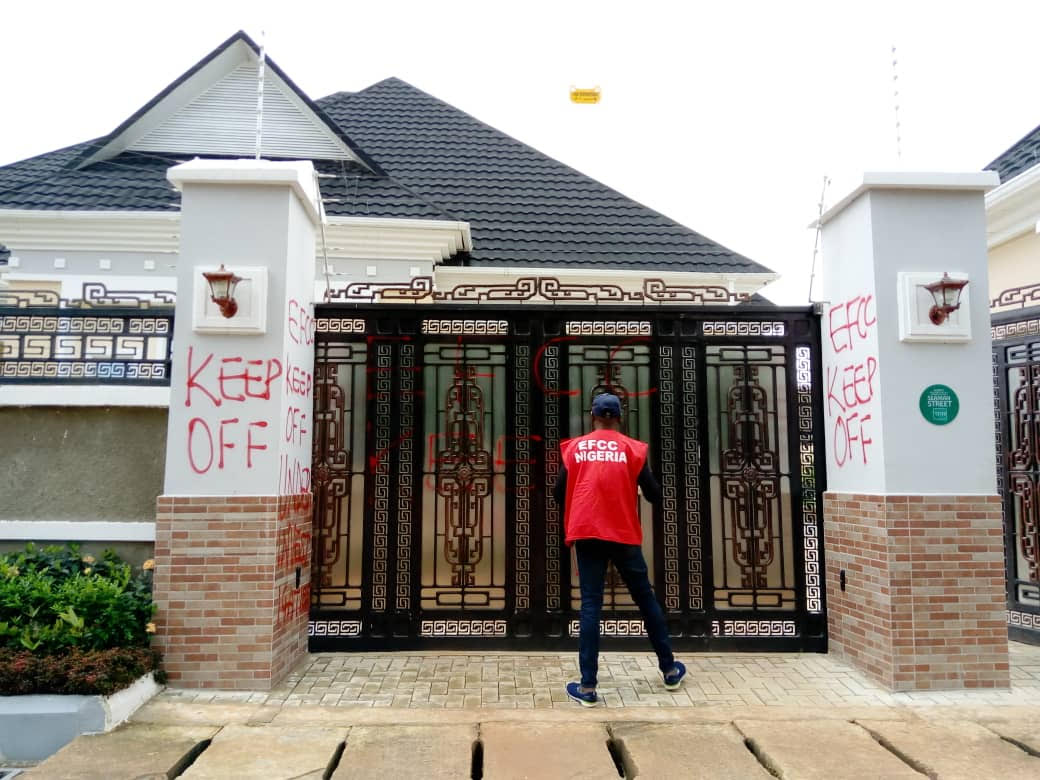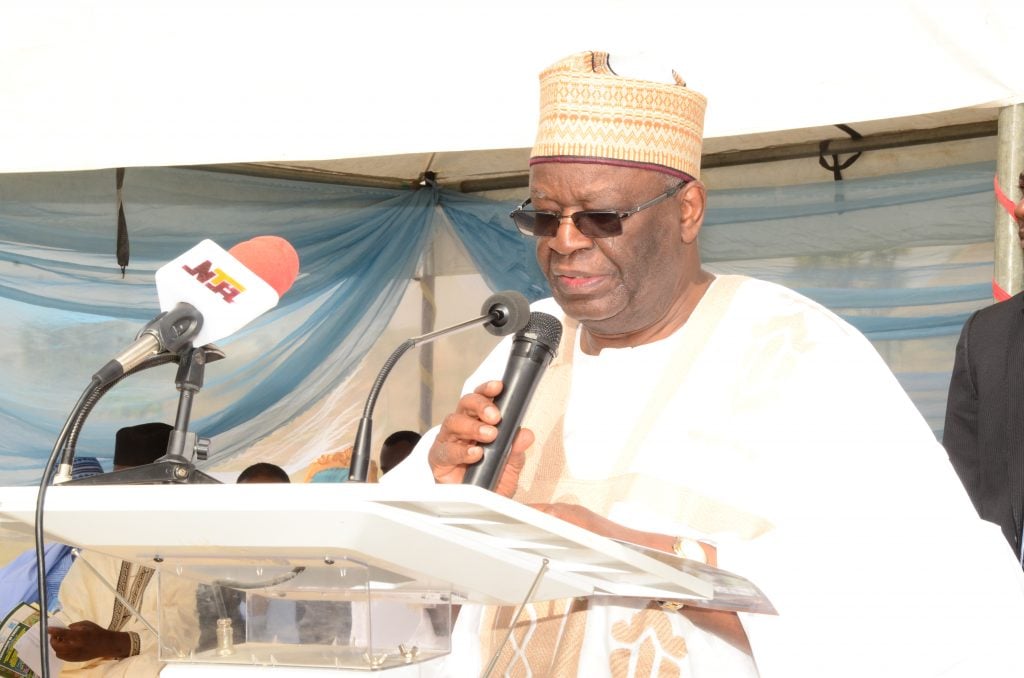Across the globe, challenges are the hallmark of great nations. There is hardly a country without its own tale of defeats and victories. Like humanity itself, challenges – wars, famines, economic crisis among others — are what define nations. They force people to think out of the box to salvage an impending catastrophe.
The underlining issue here, however, is that there must be two key factors. On one hand, there must be realisation among the people that there is a need for change. On the other hand, such realisation must inspire hope among the people and translate into meaningful action. Nigeria as a nation is dangling somewhere in between these two ends. Sadly, we have not been able to make any meaningful headway since independence.
To say Nigeria has failed as a nation is merely stating the obvious. In our own part of the world, nothing seems to be working. There is no concern for institutional reforms. The educational sector is in shambles. The health sector evokes pity at the slightest glance. Basic amenities – constant electricity supply, water, road – are not within touching distance of most urban dwellers not to talk of those in the rural areas. What about security? The story is almost worse.
The good news: Nigerian are aware of the mess we find ourselves as a nation. As a colleague would put it, we all know that as a country “everything is under alarm.” It is an experience we saunter through on daily basis. We sleep, wake and breathe with it. That realisation, ordinarily in itself, should be good news. Such has informed the transformation of several countries we now consider economic and technological heavyweights. It has become the time-tested foundation upon which strong ideologies and visions are erected.
Advertisement
But for Nigeria, the sad news is that our realisation has not changed anything. There’s no difference in our value system, way of thinking and focus as citizens during every election cycle. This is where Nigerians have failed over the years and things are not likely to improve except we change the way we think.
Unarguably, the people remain the most important element of any democratic dispensation. Abraham Lincoln’s definition of democracy as “government of the people, by the people and for the people,” shows that people largely determine the tone and rhythm of leadership in a democratic rule. The age-long maxim that “the power in the people in greater than the people in power,” also demonstrates the how crucial the people are to the effective and efficient functioning of democracy.
When the people are critical, have unity of purpose, not driven by religious, ethnic and other divisions; it would be daunting for our leaders not to carry out their electoral mandates optimally, knowing the consequence that may accompany such. For those who love history, the knowledge bank of all ages, there are ample evidences to show how much the people matter in a democratic process. In the first place, it would be recalled that for all the promises made by the All Progressives Congress (APC) in 2015, its victory over the then ruling Peoples Democratic Party (PDP) would have been impossible but for the fact that the people craved an alternative to PDP’s 16-year rule and the general apathy that characterised that period, caused majorly by the rising insecurity situation in the country. Many will also not forget the 1993 election that reflected the will of the people- the fulcrum of democracy- in full glare.
Advertisement
Unfortunately, this is not the case in Nigeria of today. Majority of Nigerian electorates today are those who are either suffering from low self-esteem — created by poverty and growing inequality between the poor and the rich — or those who do not see any need to engage themselves in the process of bringing about good governance. This scenario has made it a largely impossible mission for the few who dare to do things right. Without any scintilla of doubt, we need not be told that we cannot make headway as a nation with this mindset. Such atmosphere only makes our leaders (politicians) who are expected to be responsive to us and use state resources judiciously for the benefit of the society to demi-gods, all powerful and out-of-control.
It is saddening how easily some Nigerians get swayed during elections and sacrifice their conscience for monetary gains. Understandably, Nigeria has an odious stigma of widespread poverty. It is no news that we are presently the poverty capital of the world with a population of 200 million people- a position earlier occupied by India with a population of over one billion people. There is also a ballooning case of unemployment. But for how long are we going to continue selling our conscience for fleeting benefits and risk our collective future?
The youths, except a few, are offering no respite to arrest the situation too. Days of active students’ unionism are fading out. Many of our youths are becoming less critical of government actions and but now driven by quest to becoming rich overnight. What Nigeria of today needs are electorates (followers) who are consumed by a team spirit to take the country out of the woods; electorates who would refuse to be swayed by political, religious and ethnic sentiments — that have stagnated us for long — and ones with dogged determination to be involved in the process of fostering good governance.
The leaders will not do it right when the led see no reason to challenge, criticise and probe actions of those they elect. At this point of nationhood, we need more of active citizenship in Nigeria and only then can we dream of a better and prosperous country. The fact that nothing has changed with all our wailing is an indication that no nation can cry its way to greatness. It takes calculated plans backed with actions. Nigeria is not beyond redemption as many people believe. What we need is a redemption in our thought pattern.
Advertisement
Ojo is a journalist at the TheCable.
Views expressed by contributors are strictly personal and not of TheCable.
